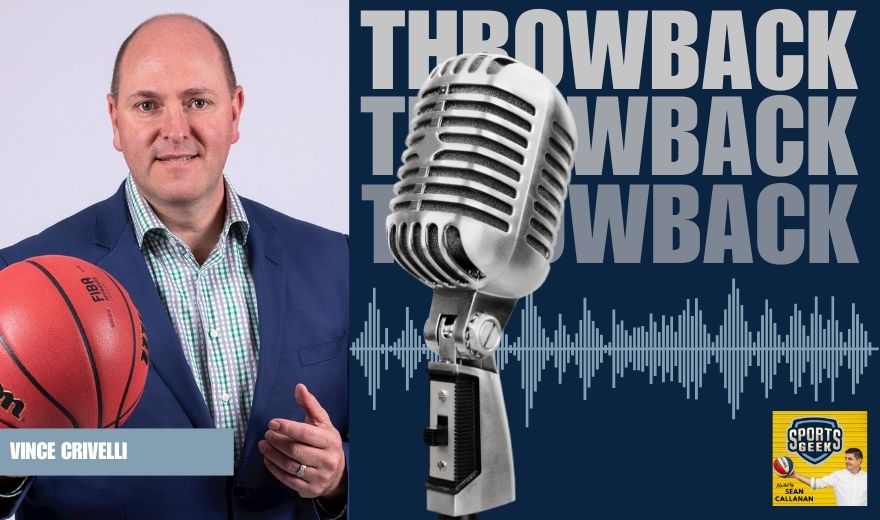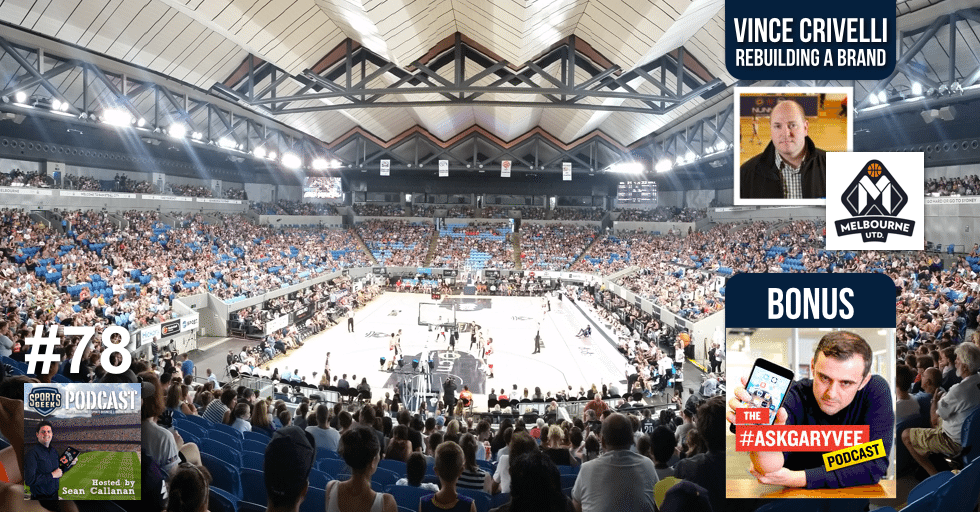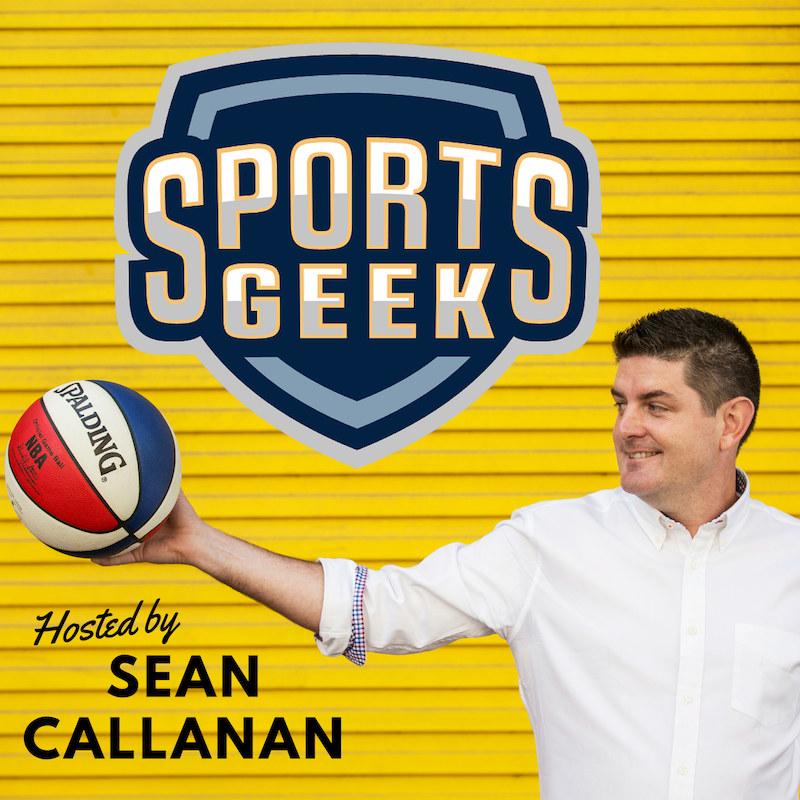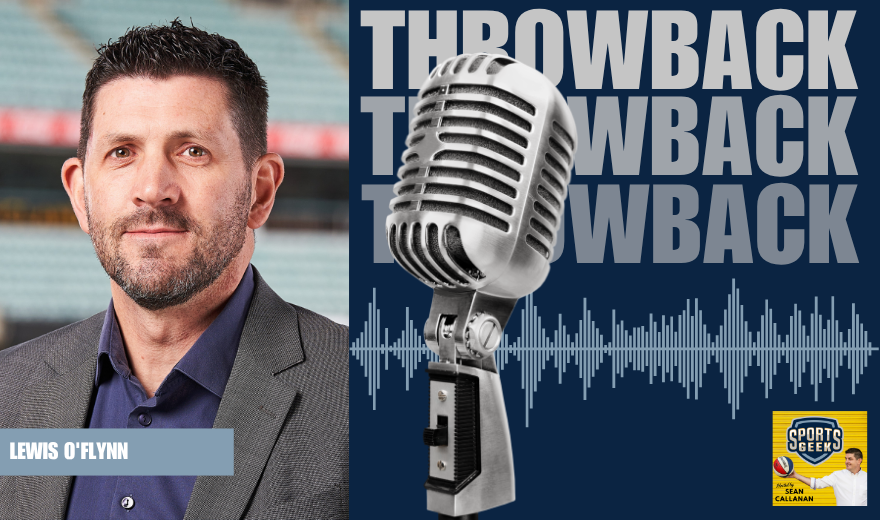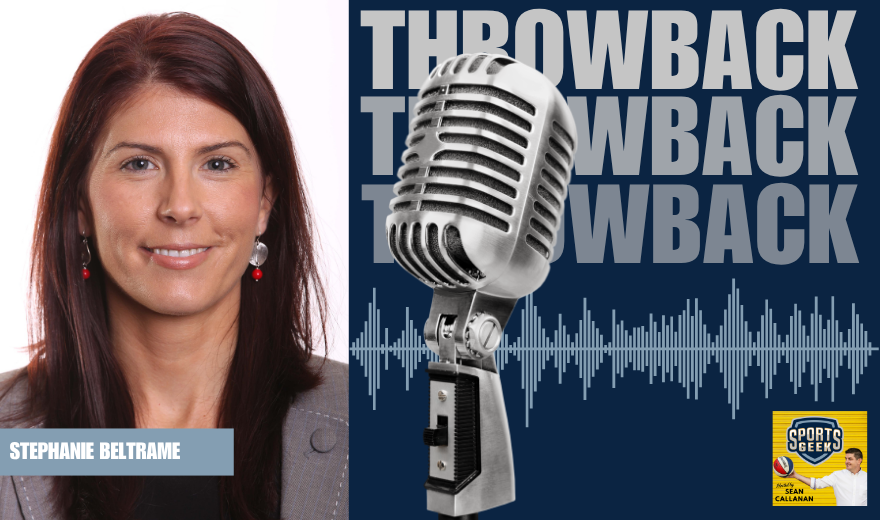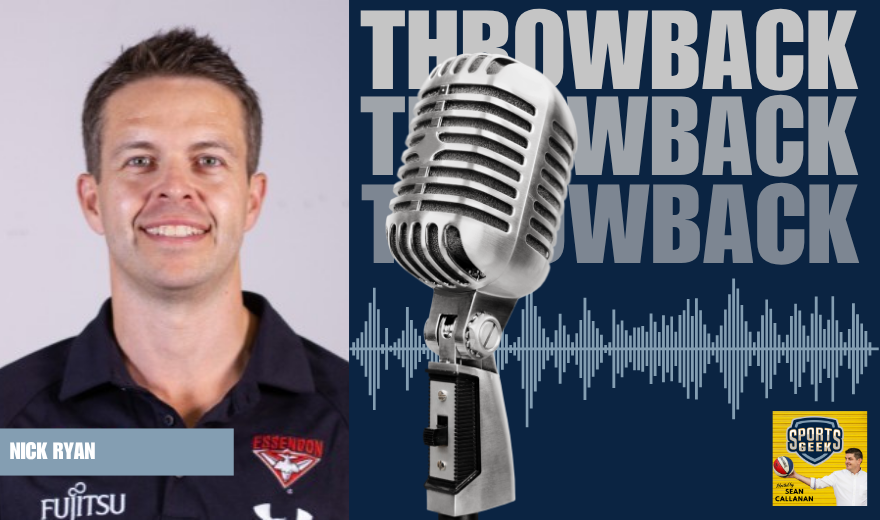This transcript has been lightly edited by AI
Sean: You pointed out the 13 franchises – it's not new to the Melbourne market. We've seen teams come and go. Looking back to the heyday, there were four teams in Melbourne, which was whittled down over time with mergers. It's not uncommon in the basketball landscape in Melbourne, but it has always been a powerhouse for athletes and basketball. There's a vibrant basketballing community playing. What have you done as part of the rebrand – United is the name to unite Melbourne – what have you done from a program's perspective to reach out to the basketball community?
Vince: Good question. Like any brand, the people and actions determine its success. There are 250,000 Victorian families that participate in basketball. It's the number one participated sport across a calendar year. The other codes – soccer, AFL, football – are seasonal codes. Participation in our sport requires it to be on an annual basis. Basketball is relevant but also convoluted because the top of the sport, NBL or Basketball Australia, has always had trouble with the product as a consumer product. The pathway for young athletes is convoluted. There are many third party providers, making it daunting for fans and participants. With our influence as the only Melbourne team in NBL, we've taken on a major sponsorship of Basketball Victoria, the main body of participation in Victoria, worth two hundred and fifty grand a year. That money goes towards coach development. One of the biggest challenges is finding coaches with credentials, beyond just parents willing to volunteer.
Sean: I don't know if my level one coaching is still valid – did it many years ago. Probably would need to update it if I went back into coaching.
Vince: Yes, I suggest you do. We're getting messaging into the community and support in growing regions. Volunteer recruitment, coach education, and risk management for associations. We're providing funds to Basketball Victoria for these programs, including hiring someone for association development. That's our first step. Our other brand messaging with Melbourne United recognizes the history of failed franchises. At every game we honor a past club with a presentation on the screens. Through social media and websites, we tell their stories. Many great people involved in basketball are now successful in business. Their stories aren't told.
Vince: These stories need to be told for the sport to move forward. The journey of belonging to a sports club, the history – it's important. No hero exists without a villain. For a city that had four teams, 15,000 people, a healthy economy coming to games – there are disenfranchised fans whose heroes are gone. Telling these stories is important, giving people a platform to become role models back to that participation franchise. We're doing these things. We have a school program.


